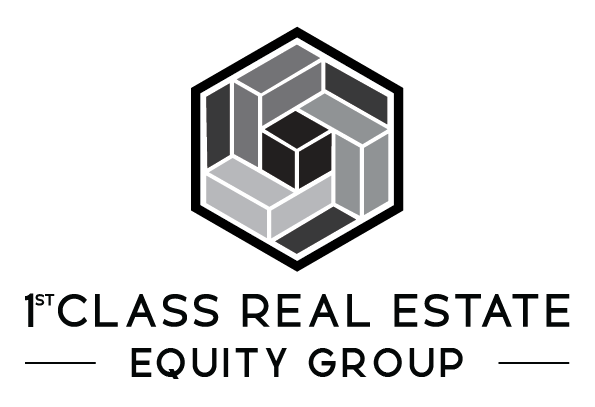(Please Remember: We are not accountants. This is not financial advice. For financial advice, please consult your trusted accountant or Financial Advisor.)
Embarking on your journey as a real estate investor is an exciting endeavor filled with potential for financial growth and wealth accumulation. However, understanding the tax implications of real estate investing is crucial for maximizing profits and minimizing tax liabilities. As we read this, we will explore the key tax considerations for new real estate investors, providing valuable insights and strategies to help you navigate the complex world of real estate taxation.1. Understanding Tax Deductions:
Overview: Real estate investors are eligible for various tax deductions that can help reduce taxable income and increase cash flow
- Mortgage Interest: Deductible mortgage interest payments on loans used to acquire,improve, or refinance investment properties.
- Property Taxes: Deduct property taxes paid on investment properties as an operating expense
- Depreciation: Claim depreciation deductions on the value of the property and certain improvements over its useful life
- Repairs and Maintenance: Deduct expenses for repairs, maintenance, and upkeep of investment properties
- Professional Services: Deduct fees paid to real estate agents, property managers, attorneys, accountants, and other professionals
2. Utilizing Tax-Advantaged Accounts:
Overview: Certain tax-advantaged accounts can be used to invest in real estate and enjoy tax benefits.
- Self-Directed IRA (SDIRA): Invest in real estate through a self-directed IRA to enjoy tax-deferred or tax-free growth, depending on the type of IRA/li>
- Health Savings Account (HSA): Use funds from an HSA to invest in real estate and enjoy tax-free growth and withdrawals for qualified medical expenses.
- 1031 Exchange: Utilize a 1031 exchange to defer capital gains taxes on the sale of investment property by reinvesting proceeds into like kind property within specific timeframes and guidelines.
3. Understanding Capital Gains Taxes:
Overview: Realizing capital gains from the sale of investment properties can trigger tax liabilities.
- Short-Term vs. Long-Term Capital Gains: Short-term capital gains, from properties held for one year or less, are taxed at ordinary income tax rates. Long-term capital gains, from properties held for more than one year, are taxed at preferential capital gains tax rates.
- Capital Gains Exclusions: Primary residence sellers may qualify for a capital gains exclusion of up to $250,000 (single filers) or $500,000 (married filers) if they meet ownership and residency requirements
- Opportunity Zones: Invest in designated opportunity zones to defer or reduce capital gains taxes through qualified opportunity zone funds (QOFs) and opportunity zone businesses (QOZBs).
4. Structuring Real Estate Investments Tax-Efficiently:
Overview: Strategic structuring of real estate investments can help minimize tax liabilities and optimize tax efficiency
- Entity Selection: Choose the appropriate entity structure, such as a limited liability company (LLC), partnership, S corporation, or real estate investment trust (REIT), based on your investment objectives, risk tolerance, and tax considerations.
- Tax Planning Strategies: Implement tax planning strategies such as income shifting,tax-loss harvesting, cost segregation studies, and installment sales to minimize taxes and maximize after-tax returns.
- Consulting Tax Professionals:Work with qualified tax professionals, such as CPAs,tax attorneys, and enrolled agents, to develop tax-efficient investment strategies and ensure compliance with tax laws and regulations.







